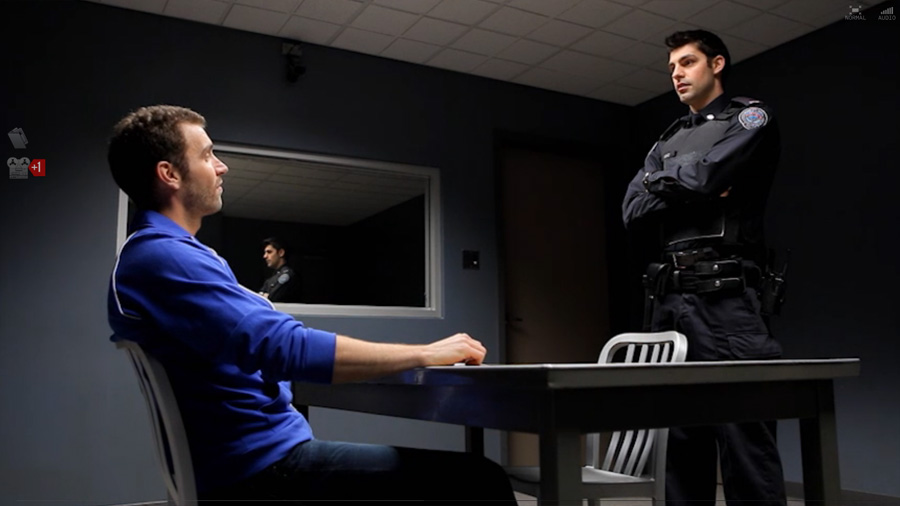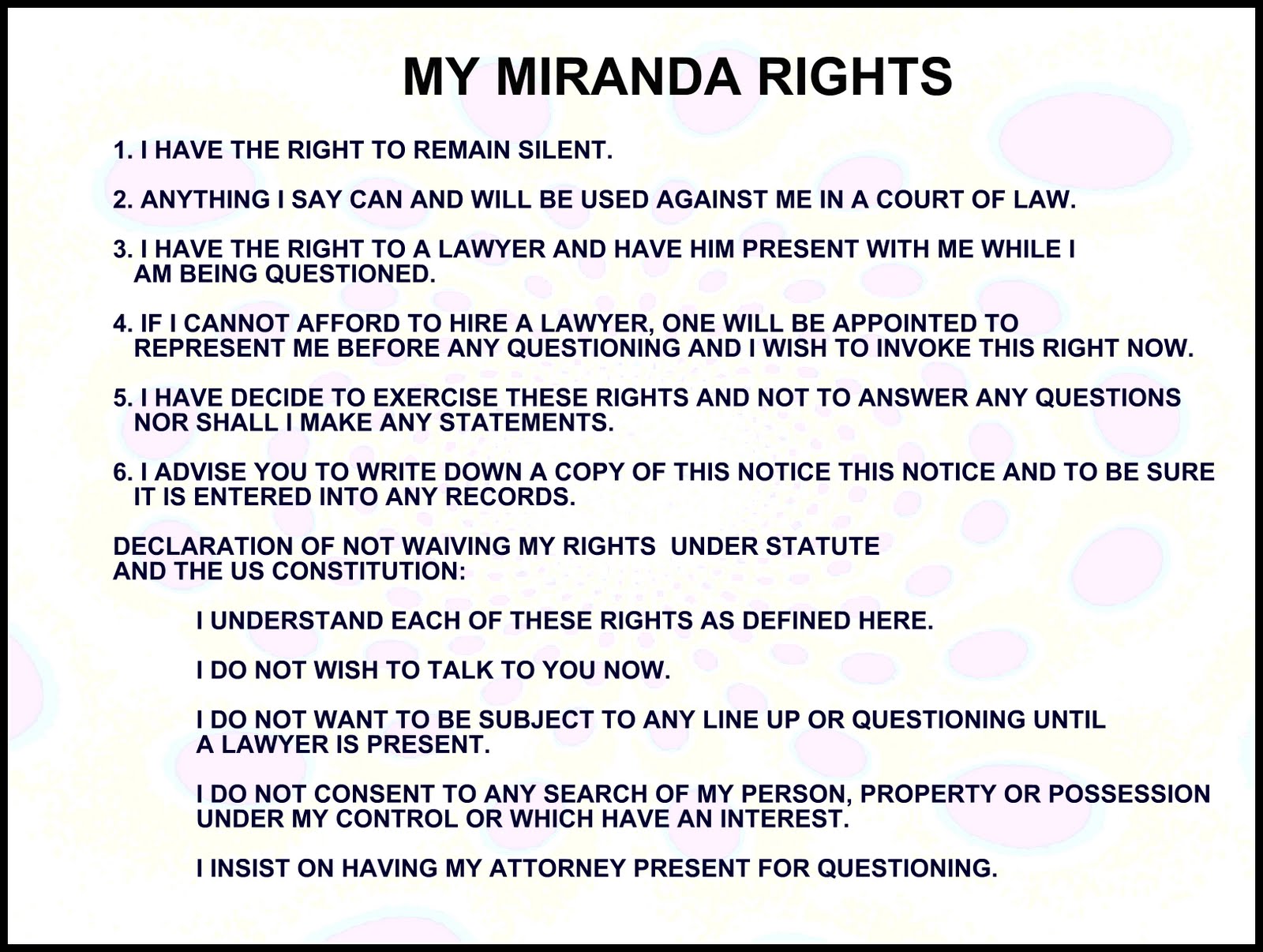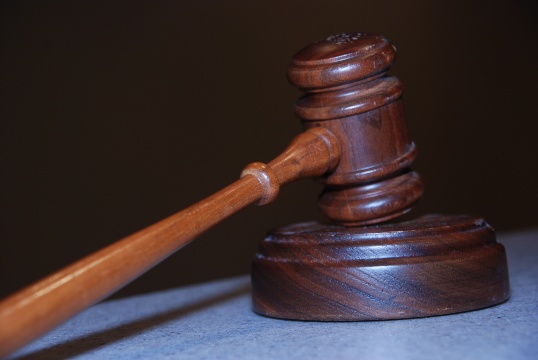 What is a plea bargain?
What is a plea bargain?
Simply stated, a plea is where a finding of guilt is made through an admission rather than by a judge or jury. Usually this means that in exchange for dismissed charges, reduced charges, a deferral, or for an offer of leniency the defendant explains the crime that they committed to the judge. When a plea is made the defendant gives up his or her right to have a trial and all the rights they would have at trial. This expedites the criminal justice process because it skips the trial portion and the case is fast-tracked for sentencing after the defendant admits to the charged conduct. It is a ‘bargain’ because the defendant must compromise by dispensing with his or her trial rights in exchange for a deal of some sort.
Why do plea bargains exist?
Plea bargains are commonplace in the United States and many would argue are necessary for the smooth operation of our justice system. Some 90% of cases are worked out through plea bargains. In addition to (most the time) benefiting defendants, they benefit the court and prosecution because trials are also costly and arduous for them. With most courts having full dockets, the system would come to a crawl if each case was resolved with a lengthy trial.
What are the most common types of plea bargains?
The most common type of plea arrangements are charge bargains, sentence bargains, sentence recommendations, and what is called a ‘Cobbs plea.’ A charge bargain, which is totally within the discretion of the prosecutor, is a bargain whereby a plea deal is offered in exchange for reduced or dismissed charges . Another type of plea is a sentence agreement. This is where the prosecutor conditions the plea on a term of sentence (for example the prosecutor may recommend a statute that keeps the charge off the defendant’s record). In this type of plea the defendant retains the right to withdraw his plea if the judge does not abide by the prosecutor’s agreement. Along the same vein are sentence recommendations. As we always explain to clients, recommendations are not binding on the judge. However, experience tells us that a judge will more likely than not go along with a prosecutor’s endorsement. Lastly, there are ‘Cobbs pleas’, given their name after the case People v. Cobbs. This is a bargained for sentence with the judge, if the judge exceeds that preliminarily agreed upon sentence the plea may be withdrawn.
What helps for negotiating a favorable plea deal?
Many factors play into negotiating a favorable plea deal. Oftentimes considerations include the defendant’s criminal history, personal background, and the prosecution’s evidence. A clean or limited criminal record always helps at the negotiating table. Similarly, factors such as steady employment, education, and a positive family background tend to be viewed as a encouraging. In terms of the case’s facts, presenting scant evidence of a crime or its elements to the prosecutor can also help in working an advantageous plea.
Doesn’t a plea mean the crime will go on my record?
We get this question a lot – the answer is not necessarily. Frequently, the entire purpose of taking a plea deal is because it is conditioned on some type of deferral (or a deal whereby the charge will be removed from the client’s record). These deferrals are discussed at length on our blog and website. For purposes of this blog it is sufficient to know the common deferrals are available for youthful offenders, domestic violence cases, drug cases, and MIPs . There is also a general deferral under the delayed sentence statute.
Continue reading ›
 Michigan Criminal Lawyer Blog
Michigan Criminal Lawyer Blog


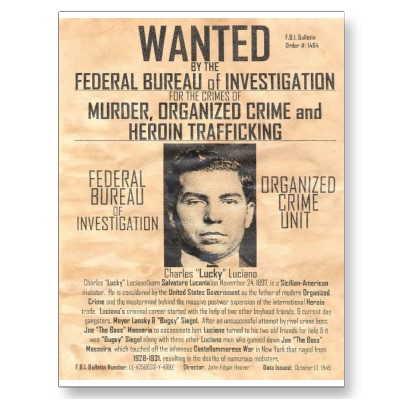

 In the
In the  This blog will explain the
This blog will explain the 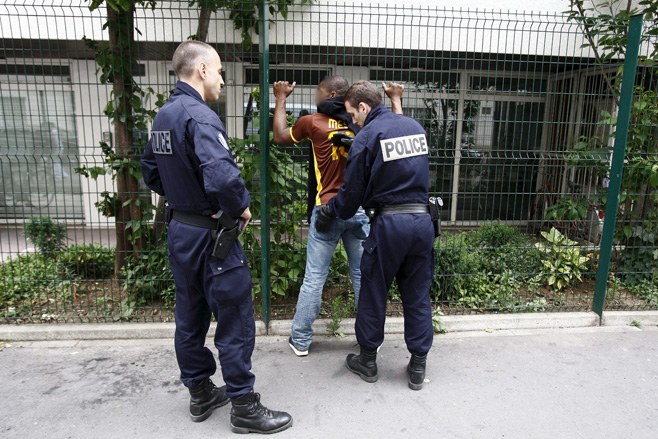
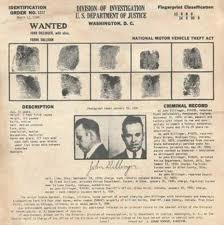

 This blog is part of a series of blogs which explores some frequently asked criminal law questions.
This blog is part of a series of blogs which explores some frequently asked criminal law questions.